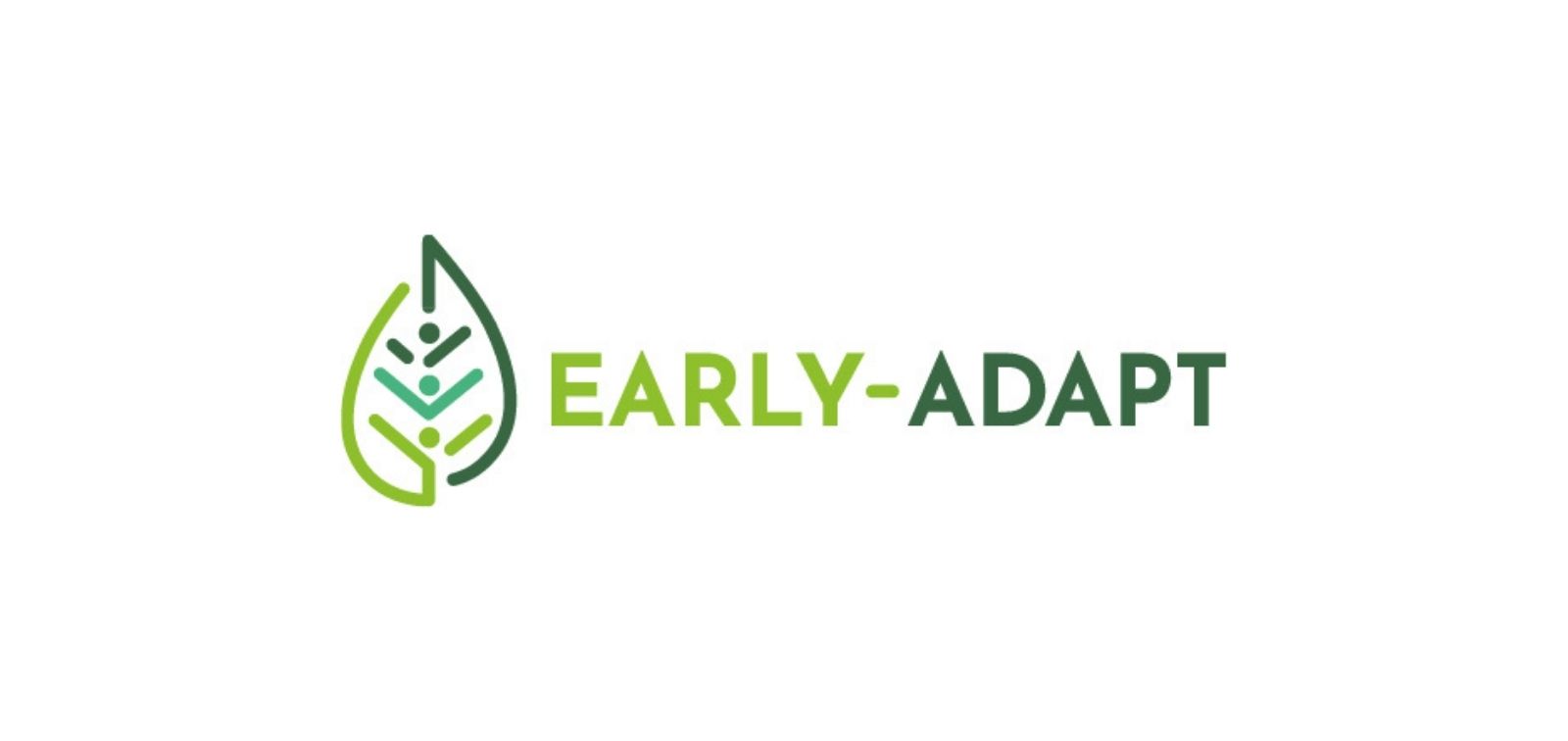- Duration
- 01/02/2021 - 31/07/2026
- Coordinator
- Joan Ballester
- Funded by
- European Union - European Research Council (ERC)
- Website
- https://www.early-adapt.eu
EARLY-ADAPT (“Signs of Early Adaptation to Climate Change”) is a European Research Council (ERC) Consolidator Grant (CoG), whose overarching aim is to jointly analyse the environmental, socioeconomic and demographic drivers of recent trends in human health. Its driving hypothesis is that societies are starting to adapt to climate change, but the effectiveness of early adaptation is heterogeneous in space and time. The project will allow to detect, understand and quantify the inequalities in adaptation between countries, regions, cities and social groups.
Challenge
Environmental factors kill hundreds of thousands of Europeans every year. Climate change is an additional threat for public health, and adaptation an essential strategy of increasing importance. Societies are devoting efforts in adaptation, but evidence of effectiveness is still lacking. A unified framework integrating disciplines is the solution to finally understand the drivers of early adaptation to climate change.
Research Plan
After creating a continental-wide database of human health in Europe, EARLY-ADAPT will model the relationship between health and the environment, and then quantify the modifying effect of the societal factors. Finally, a predictability analysis will be performed to determine the most realistic adaptation scenarios for the projections of future health.
Idea and Novelty
To estimate the real health burden, EARLY-ADAPT will perform a numerically-intensive, epidemiological analysis between daily spatiotemporal datasets. This will include multiple health outcomes, together with climate variability, seven air pollutants, desert dust and influenza. The project will use different layers of data, and multiscale local regression techniques, to analyse the scales and spatial heterogeneity of the drivers.
Impact
The continental-wide, multi-factor, multi-scale framework of EARLY-ADAPT will connect a range of disciplines to reveal the drivers, and the inequalities, of early adaptation to climate change. But beyond that, the project will create knowledge by developing a novel, integrated method for environmental health in Europe, which will stimulate new research ideas in a range of disciplines.
Total Funding
2,000,000 euros
Related Publications
- Achebak H, Devolder D, Ingole V, Ballester J. Nature Communications 11, 2457 (2020)
- Achebak H, Devolder D, Ballester J. The Lancet Planetary Health 3, E297-E306 (2019)
- Ballester J, Robine JM, Herrmann FR, Rodó X. Nature Communications 19, 679 (2019)
- Achebak H, Devolder D, Ballester J. PLOS Medicine 15, e1002617 (2018)
- Ballester J, Rodó X, Robine JM, Herrmann FR. Nature Climate Change 6, 927-930 (2016)
- Ballester J, Robine JM, Herrmann FR, Rodó X. Nature Communications 2, 358 (2011)
Our Team
Coordinator
-
 Joan Ballester Research Professor
Joan Ballester Research Professor
Team
-
 Hicham Achebak Postdoctoral Researcher
Hicham Achebak Postdoctoral Researcher -
 Zhaoyue Chen Postdoctoral Researcher
Zhaoyue Chen Postdoctoral Researcher -
 Natalia Shartova Postdoctoral Fellow
Natalia Shartova Postdoctoral Fellow -
 Tomás Janos Visiting Postdoctoral Fellow
Tomás Janos Visiting Postdoctoral Fellow -
 Xiaoyue Liu Postdoctoral Researcher
Xiaoyue Liu Postdoctoral Researcher -
 Constanza Vielma Predoctoral Fellow
Constanza Vielma Predoctoral Fellow











